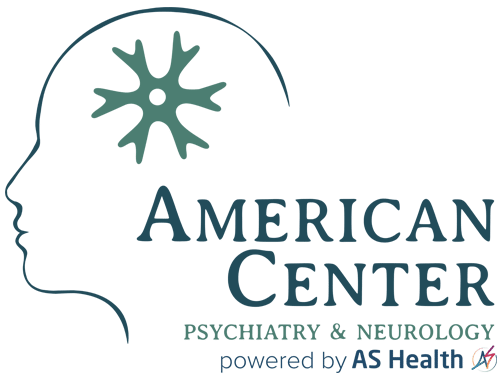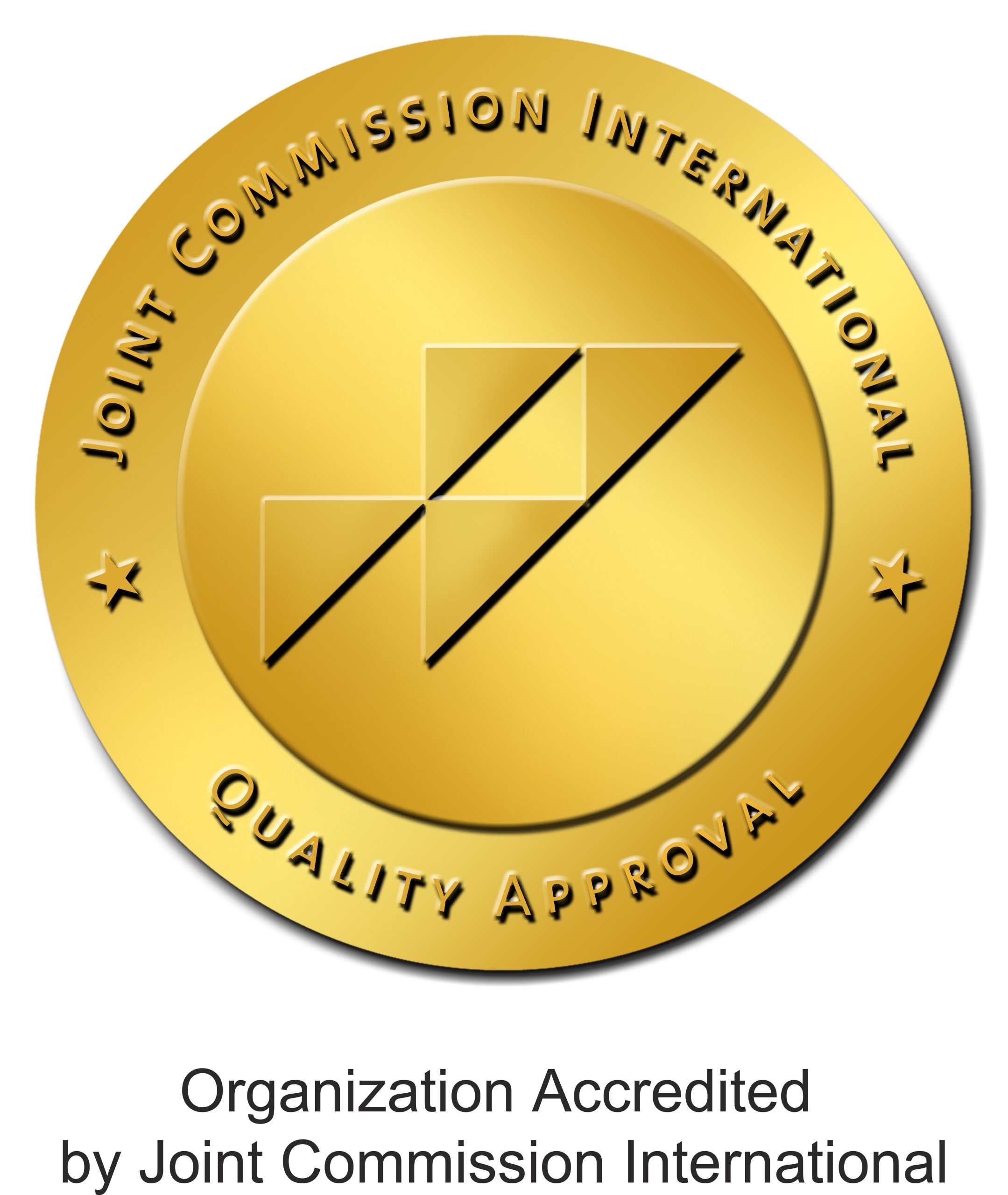Reactive Attachment Disorder (RAD) is a complex psychiatric illness that can affect young children. It is characterized by serious problems in emotional attachments to others (RAD) and usually presents by age 5, but a parent, caregiver or physician may notice that a child has problems with emotional attachment by their first birthday. Often, a parent brings an infant or very young child to the doctor with one or more of the following concerns:
- severe colic and/or feeding difficulties
- failure to gain weight
- detached and unresponsive behavior
- difficulty being comforted
- preoccupied and/or defiant behavior
- inhibition or hesitancy in social interactions
- disinhibiting or inappropriate familiarity or closeness with strangers
The physical, emotional and social problems associated with RAD may persist as the child grows older.
Most children with Reactive Attachment Disorder have had severe problems or disruptions in their early relationships. Many have been physically or emotionally abused or neglected. Some have experienced inadequate care in an institutional setting or other out-of-home placement (for example a hospital, residential program, foster care ororphanage). Others have had multiple or traumatic losses or changes in their primary caregiver. The exact cause of Reactive Attachment Disorder is not known.
Children who exhibit signs of Reactive Attachment Disorder need a comprehensivepsychiatric assessment and individualized treatment plan. These signs or symptoms may also be found in other psychiatric disorders. A child should never be given this label or diagnosis without a comprehensive evaluation.
Treatment of this complex disorder involves both the child and the family. Therapists focus on understanding and strengthening the relationship between a child and his or her primary caregivers. Without treatment, this condition can affect permanently a child’s social and emotional development. However, unconventional and forced treatments such as “rebirthing” strategies are potentially dangerous and should be avoided.
Parents of a young child who shows signs or symptoms of Reactive Attachment Disorder should:
- seek a comprehensive psychiatric evaluation by a qualified mental health professional prior to the initiation of any treatment
- make sure they understand the risks as well as the potential benefits of any intervention
- feel free to seek a second opinion if they have questions or concerns about the diagnosis and/or treatment plan
Reactive Attachment Disorder is a serious clinical condition. Fortunately, it is relatively rare. Evaluating and treating children with complex child psychiatric disorders such as Reactive Attachment Disorder is challenging. There are no simple solutions or magic answers. However, close and ongoing collaboration between the child’s family and the treatment team will increase the likelihood of a successful outcome.
Source: https://www.aacap.org



